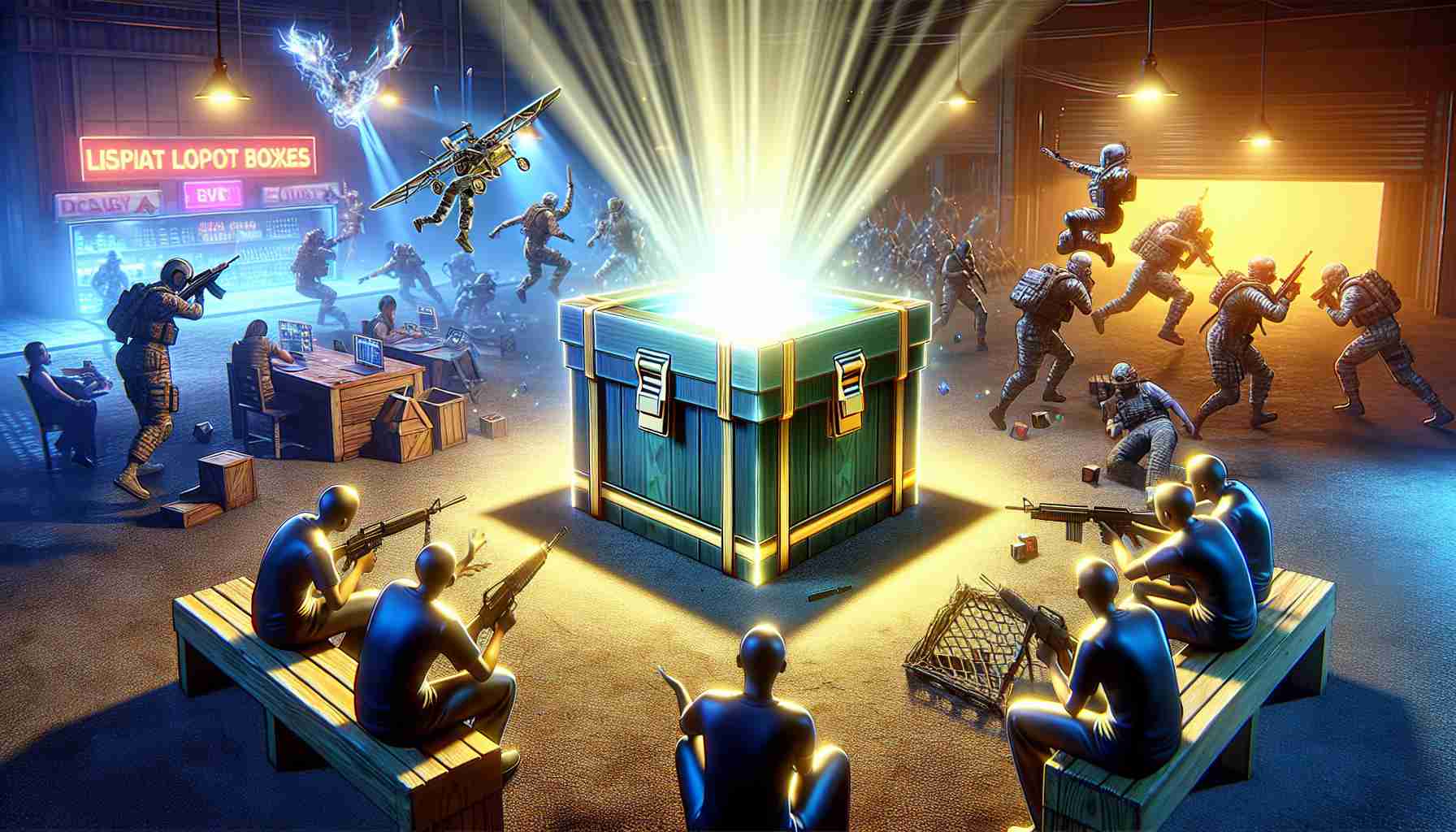Loot boxes have become a hotly debated topic in the world of gaming, with their presence felt in numerous popular titles. These virtual containers, filled with randomly generated in-game items, have undoubtedly brought in substantial profits for game developers[^source].
However, loot boxes have not escaped criticism, as they have been compared to gambling by some regulatory bodies. The concern stems from the potential risks of promoting underage gambling through these mechanisms[^source]. While the allure of exciting rewards may be tempting, the unpredictable nature of loot boxes and the financial investment they require have raised valid concerns.
The mechanics of loot boxes may differ from game to game, but the underlying concept remains consistent. Players can acquire loot boxes using either in-game currency or real money, with the rewards being randomized items. These rewards often consist of cosmetic enhancements or clothing items that do not significantly impact gameplay[^source].
One game that stands out in the implementation of loot boxes is “Counter-Strike.” The game has created a thriving marketplace where players can buy and sell skins. Skins are unique visual designs for in-game weapons or equipment. Over the years, players have collectively invested millions, if not billions, in these skins, with rare items fetching prices that exceed $1 million[^source].
The demand for rare skins in “Counter-Strike” remains unwavering, despite concerns about the gambling-like nature of loot boxes. In 2023 alone, players opened loot boxes worth over $1 billion in the game, as evidenced by real-time data from CS2 Case Tracker[^source].
Global discussions have arisen regarding the potential negative effects of loot boxes, especially on vulnerable individuals and younger players. A 2020 gambling report from the UK revealed that approximately 55,000 individuals between the ages of 11 and 15 experienced issues related to gambling. The report recommended considering loot boxes as a form of gambling under existing regulations[^source].
Research conducted by The University of York found that 71% of the top games on the Steam platform between 2010 and 2019 featured purchasable loot boxes[^source]. These statistics further highlight the widespread prevalence of this controversial feature in the gaming industry.
To address concerns surrounding loot boxes, the Entertainment Software Ratings Board (ESRB) introduced a new rating category in April 2020. This category identifies games that include randomized in-game purchases, such as loot boxes, to ensure consumers receive information about potential gambling elements[^source].
As discussions and ongoing research surrounding loot boxes continue to unfold, it is evident that all parties involved, including gamers, regulators, and industry leaders, must strike a delicate balance between the financial success of these systems and protecting vulnerable players from potential gambling-related harm. The outcome of these discussions will be instrumental in shaping the future of loot boxes in the gaming landscape.
FAQ: Answering Your Questions about Loot Boxes
The source of the article is from the blog portaldoriograndense.com






